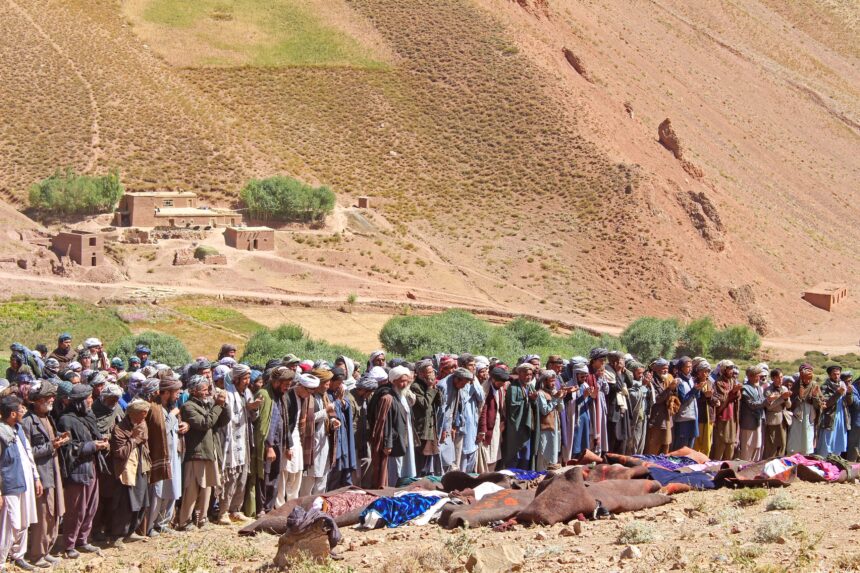RASC News Agency: A coalition of human rights activists, identifying themselves as “Afghanistani Human Rights Defenders,” has condemned the Taliban for orchestrating a series of systematic attacks against the Hazara and Shia populations in Afghanistan. In response to the recent assault on civilians in Daykundi, these activists asserted that the Taliban is directly responsible for an escalating campaign of violence aimed at the “total or partial eradication” of the Hazara community. They revealed that since the Taliban’s return to power, more than 30 deliberate, organized, and armed attacks have been carried out against the Hazara and Shia groups, with the most recent attack being a stark illustration of “ethnic genocide” and “crimes against humanity.”
The activists further highlighted that the Taliban’s actions, including the revocation of the Shia Personal Status Law, the exclusion of Jafari jurisprudence from the educational curriculum, the removal of Shia literature from libraries, the forced displacement of Hazara inhabitants, the seizure of their properties, and the arrest and torture of Hazara women in Taliban-run prisons, are part of a broader plan designed to eliminate the Hazara community. These measures, coupled with ongoing incitement of ethnic hatred, have created an environment that enables targeted violence and persecution.
The statement also condemned the Taliban’s attempts to absolve themselves by blaming these atrocities on ISIS, despite their own frequent claims that ISIS lacks a significant presence in Afghanistan. In Thursday’s attack on civilians in Daykundi, the Taliban initially reported 14 fatalities. However, ISIS, which later claimed responsibility, stated that it had killed 15 individuals and wounded six others. The incident has drawn strong condemnation both domestically and internationally.
In a subsequent statement, Human Rights Watch called for immediate international protection of Hazaras in Afghanistan. The organization urged nations engaging diplomatically with the Taliban to take robust measures to safeguard the Hazara community and ensure accountability for the “atrocities being committed” in the country.






